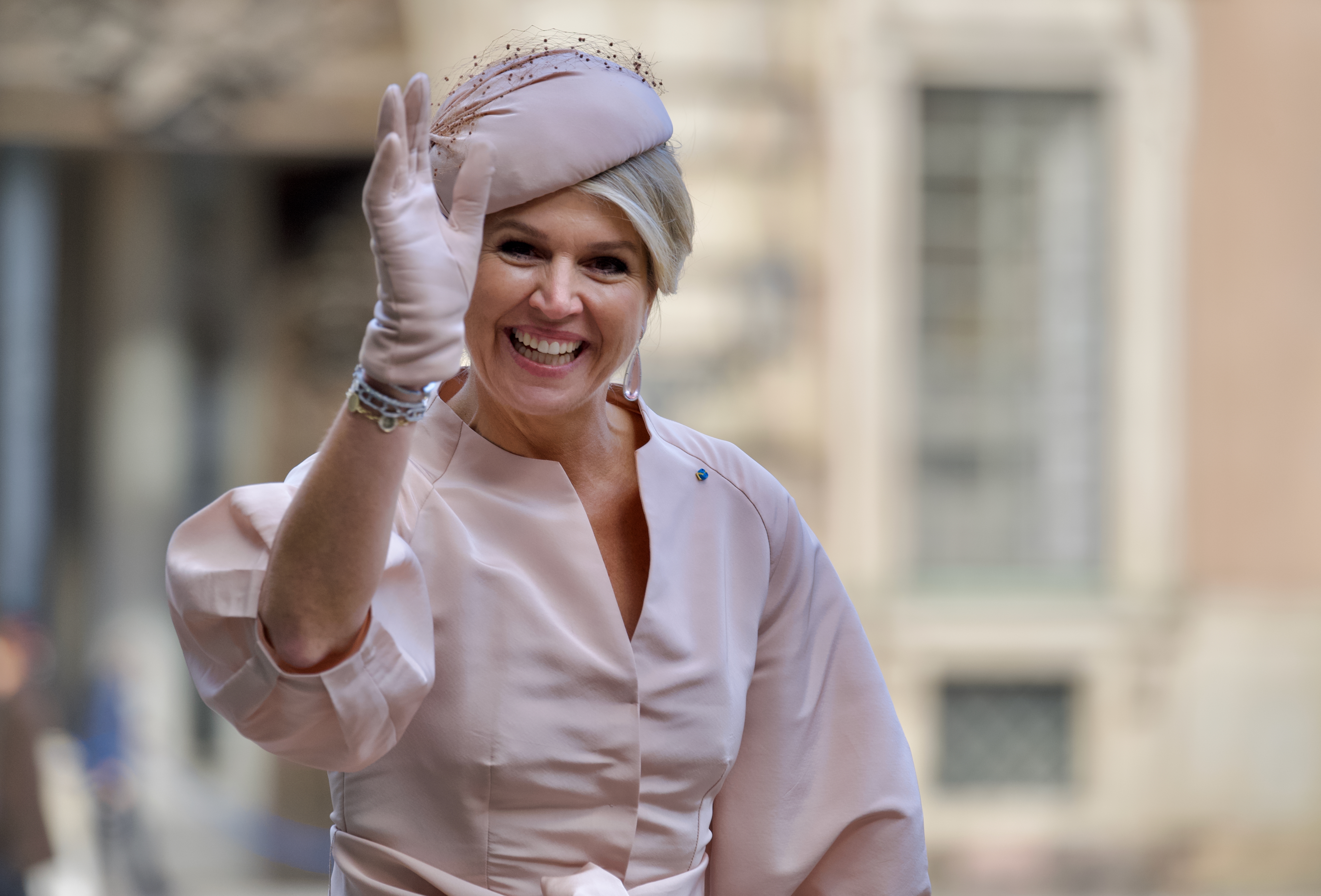Her Majesty Queen Máxima of the Netherlands is to raise awareness of the pensions gender gap with a planned visit to care institution, Ipse de Bruggen.
Her Majesty’s will visit Ipse de Bruggen in Zoetermeer on Wednesday 13 November as part of Money Wise’s Pension 3 Day (Pensioen3daagse in Dutch) campaign. Queen Máxima is honorary chair of Money Wise, which was set up by the Dutch Ministry of Finance.
Retired women in the Netherlands have on average 40 per cent less pension income than men, according to the EU pension adequacy report 2024. Queen Máxima will begin her visit talking to scientists and directors of umbrella organisations from the pension sector on the adequacy report, and the results of the Pension Monitor 2024 by Money Wise.
Her Majesty will also speak to the directors of Ipse de Bruggen, trade union FNV, industry association ActiZ and the PFZW pension fund about the causes of the pension gap and possible solutions. Finally, she will talk to care institution employees about their work, future ambitions and knowledge of their pension situation.
There are various life events that can have an impact on pension accrual, such as working less, divorce or disability. However, recent research presented by Max Planck Institute for Demographic Research researcher, Carla Rowold, found that unpaid care work plays an important role in the pensions gender gap.
“Most of the existing articles I found on the gender pension gap focus on the number of years a person is employed to explain the gender difference. This is quite straightforward because it is what many pension systems are based on,” Rowold said.
“However, in the other papers from my PhD, I discovered that unpaid care work plays an important role. As a result, I wanted to first quantify which life course elements play the biggest role in explaining pensions and then use these relevant life course elements for explaining the gender pension gap.
“Based on previous research I actually expected the number of years being full-time employed to play the biggest role for pensions. In the first step of my research, however, I discovered that the duration and timing of unpaid care work are the main predictors of pensions in the Netherlands and Germany,” she explained.
She explained that men tend not to engage in unpaid care work and also because pension systems usually reward paid work and not unpaid work.
She noted that pension systems reward men’s traditional life course experiences, mainly continuous paid full-time work, much more than women’s traditional life course experiences of large shares of unpaid care work.
“As a result, gender inequalities over the life course are reproduced in pension systems, resulting into large gender pension gaps in both countries, around 61 per cent in Germany and 46 per cent in the Netherlands,” she said.
Latest News
-
UK BPA market set to exceed £50bn in 2026 amid ‘strategic crossroads’ for trustees
-
36% of Finnish retirees think older workers are seen as a burden, Elo survey
-
41% of young Dutch adults say saving is most important financial resolution
-
Dutch pension funds mark key milestones in transition to new system
-
BNP Paribas brings AXA IM under single asset management platform following acquisition
-
Denmark’s Sampension acquires stakes in EU wind farms in two separate investments
Podcast: Stepping up to the challenge

In the latest European Pensions podcast, Natalie Tuck talks to PensionsEurope chair, Jerry Moriarty, about his new role and the European pension policy agenda
Podcast: The benefits of private equity in pension fund portfolios

The outbreak of the Covid-19 pandemic, in which stock markets have seen increased volatility, combined with global low interest rates has led to alternative asset classes rising in popularity. Private equity is one of the top runners in this category, and for good reason.
In this podcast, Munich Private Equity Partners Managing Director, Christopher Bär, chats to European Pensions Editor, Natalie Tuck, about the benefits private equity investments can bring to pension fund portfolios and the best approach to take.
In this podcast, Munich Private Equity Partners Managing Director, Christopher Bär, chats to European Pensions Editor, Natalie Tuck, about the benefits private equity investments can bring to pension fund portfolios and the best approach to take.
Mitigating risk
BNP Paribas Asset Management’s head of pension solutions, Julien Halfon, discusses equity hedging with Laura Blows
© 2019 Perspective Publishing Privacy & Cookies







Recent Stories